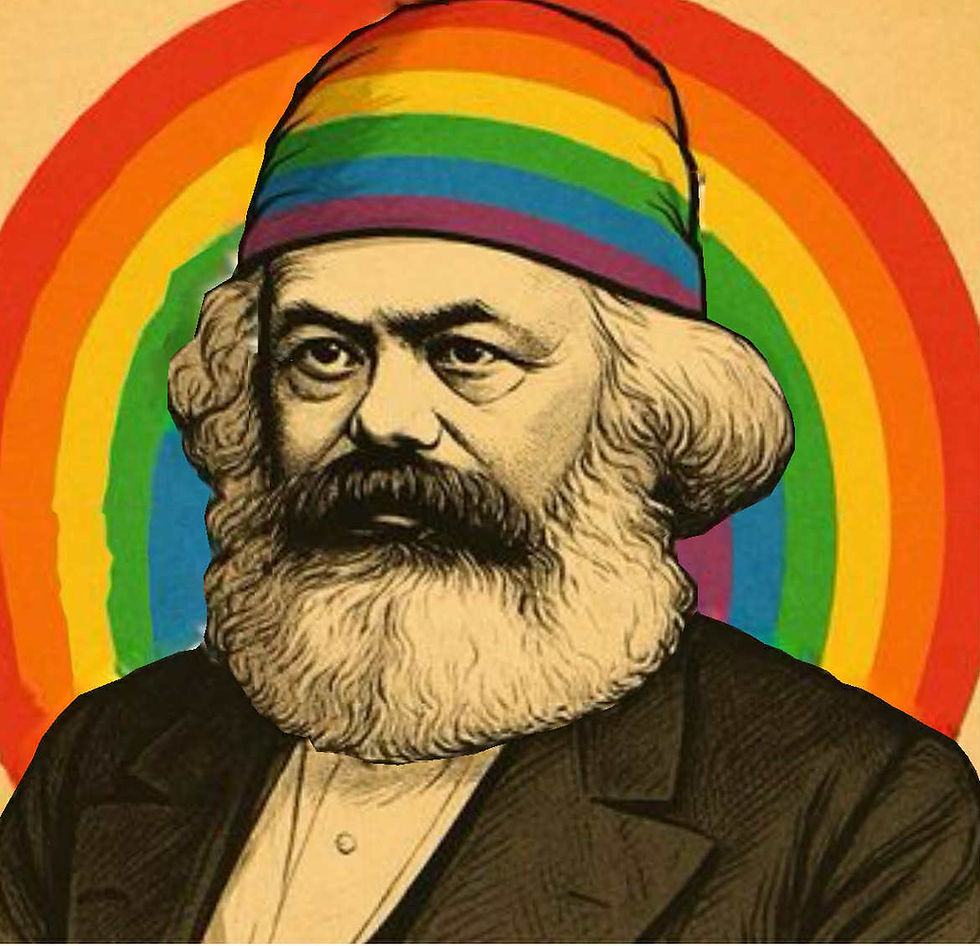Everlasting Means Everlasting
- Mike Burnette
- Nov 15, 2023
- 2 min read
The promise secured in the Older Testament is not abrogated by anything in the Newer Testament. Because the descendants of Abraham, Isaac, and Jacob are still chosen, meaning God maintains covenant with them, the land remains reserved for the Jewish people. Right now, the regathered Children of Israel are standing on God’s promises as they stand on their land. God wanted to redeem the world, so He sent :_. Of course, Christians should answer “His Son,” and that would be quite correct, in the “fullness of time” (Gal. 4:4). But God began His process of redemption on earth when He sent Avram (Abram, later Abraham) from Mesopotamia to a land that He would show him. God promised this old, childless man that He would make him a nation, produce many nations through him, bless him, bless those who bless him, and make him a blessing (Gen. 12:2–3). God wondrously initiated His plan of redemption on terra firma with a chosen man on a chosen land. Abram journeys to the Promised Land. Abraham’s God was very specific: “I give to you and your descendants after you the land in which you are a stranger, all the land of Canaan, as an everlasting possession; and I will be their God” (Gen. 17:8). With the covenant confirmed through Isaac and Jacob (Israel), this deeded parcel became forever known as the “Land of Israel.” God promised them an everlasting possession and us everlasting life. One need only read as far as the second chapter of the Newer Testament for the answer. There the Lord sends His heavenly messenger to tell Joseph, “Arise, take the young Child and His mother, and go to the land of Israel…” (Matt. 2:20a). There’s evidently no confusion in heaven over whose land it is. And who should argue with a Jewish mother? Yeshua’s mother affirmed the covenant that established the very land in which she would bear God’s Son. Miryam (Mary) concludes her magnificent song: “He has helped His servant Israel, in remembrance of His mercy, as He spoke to our fathers, to Abraham and to his seed forever” (Luke 1:54–55).




Comments